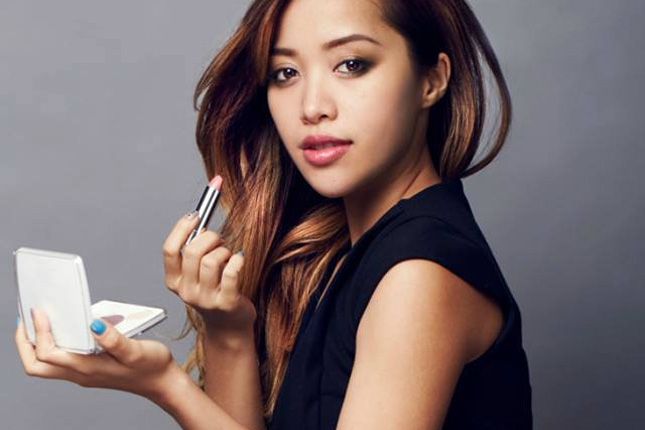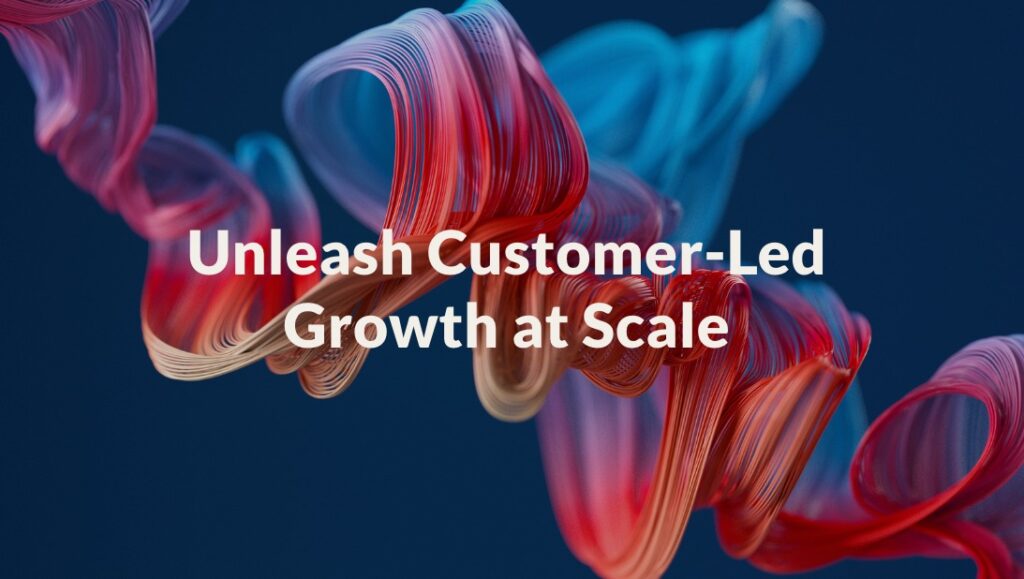The New York Times once declared that nothing sells like celebrity. One brand strategist explains celebrities’ seemingly limitless ability to increase sales simply: “The reality is people want a piece of something they can’t be.”
Only problem? That article was written in 2008. Celebrity endorsements don’t pack the same punch they used to.
Ads with celebrities work because when we see a familiar, popular figure endorse a product, we figure there must be something to it. But in recent years, customers are demanding more authenticity from the brands they interact with.
As cool as they are, celebrities can’t totally convince people that they actually like the products they endorse. That’s why their ads are being replaced by influencer marketing. Influencers are bloggers or YouTube personalities who have gained authority in a specific industry, and they’ve been a huge success. A survey from Collective Bias reveals that non-celebrity influencers are 10x more likely than celebrities to drive in-store purchases.
But even they can’t foster personal connections with your brand like a friend or family member. That’s why a referral is the pinnacle of personalized, genuine marketing. Let’s dive into why influencers have replaced celebrities and see what it can tell us about referral marketing.
Celebrity Endorsements: The Why and How
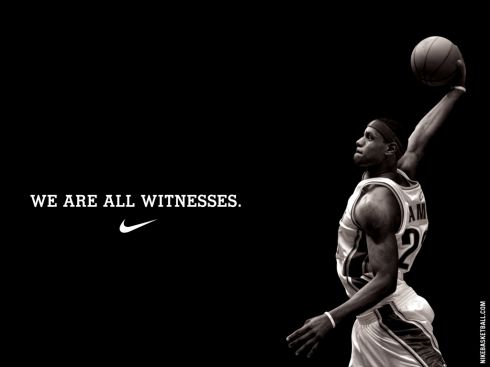
Image source
In 2011, a team of neuroscientists wanted to figure out why people respond so much to celebrity endorsements. So, they scanned a group of women’s brains as they showed them images of celebrities wearing shoes, versus pictures of regular people wearing them.
The team found that the parts of the brain in charge of emotions lit up when they saw celebrities wearing the shoes. That implies that when a celebrity endorses a product, whatever emotions people feel toward the celebrity transfer to the product. Academic research around business and marketing also supports the idea.
So, when someone sees this Nike commercial with Lebron James, their thought process is surprisingly simple. They think, “Everyone knows LeBron is a hardworking superstar and a great guy to boot, so the Nike must be the brand for that kind of person.” That straightforward consumer psychology has made celebrity endorsements lucrative for decades.
Why Celebrity Endorsements Stopped Working
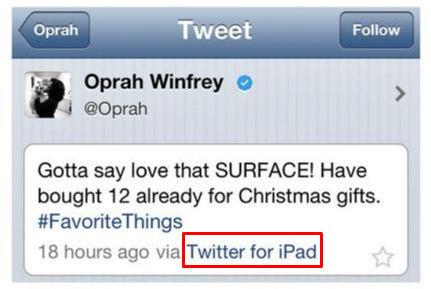
Image source
Despite that powerful psychological process, celebrity marketing is on the decline. In 2004, celebrities appeared in nearly 20% of all American ads. By 2012, that number dropped to 9%.
What happened? It all comes back to authenticity. Former Buick marketer Craig Bierley put it best when he said, “I’m not sure anyone really believed that Tiger Woods drove a Buick.”
As the Internet’s power increases, we spend more and more of our time consuming media every year. We’re exposed to so much content—both advertising and information we actively seek out—that customers now say brands need to be authentic to cut through the noise and make an impact on them.
That increased consumption has increased celebrities’ exposure and tanked the believability of their endorsements. People always implicitly knew celebrities were getting paid to promote products, but social media and Internet coverage have shown us how uninterested many of them are in those products. Check out this BuzzFeed list of celebs undermining tech brands they endorse by blatantly using competitor products.
Check out the image above. Oprah didn’t even bother putting her iPad away when she tweeted about how much she loves the Microsoft Surface! Nothing authentic about that.
In Come the Influencers
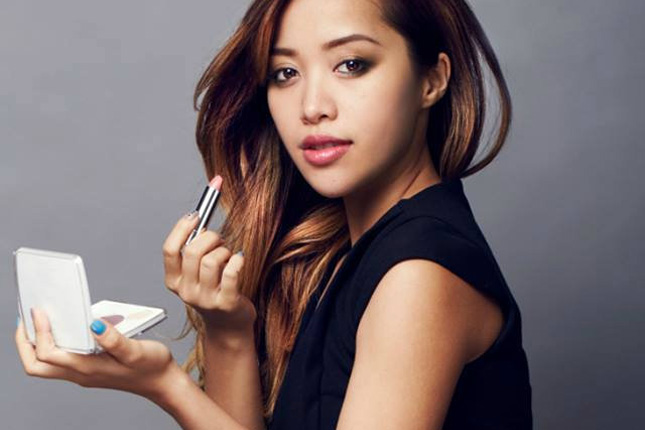
Image source
The demand for authenticity has paved the way for people without any prior level of fame to become hugely valuable influencers for all kinds of products. While they lack the wide reach of a celebrity, they form deeper bonds with their audience. That makes them more powerful drivers of purchase decisions.
It’s a simple process. Influencers establish themselves as experts in a given industry, then review the relevant products on blogs or in videos they make. Makeup reviewer Michelle Phan is the quintessential example.
She initially burst onto the scene in 2007 uploading makeup tutorial videos on YouTube. By her 10th video, Michelle crossed 100,000 views, and by the next year, she averaged 600,000 per post. She expanded to new kinds of video content, engaged directly with fans, and has now built up a monthly viewership over 20 million.
Today’s customers trust regular people like Michelle because their endorsements appear to be driven by genuine expertise, and not just money. A survey of 1,470 women found that 86% of them wanted product recommendations from real people and that 58% of them turn to YouTube reviewers to get them.
The trend is especially pronounced in the younger generations. Research shows that millennials demand authentic marketing more than anyone, and 70% of them say they trust a non-celebrity blogger over a celebrity.
Why it Works
The growing demand for authenticity caused the decline of celebrity marketing, and it’s also the biggest reason for the influencer marketing boom.
In a piece for Convince and Convert, marketer Grey Geppert outlined the three biggest reasons influencer marketing feels more genuine to customers. Michelle Phan’s rise to fame epitomizes all three:
- Expertise. Influencers are experts on the products they review. When they recommend one, customers know it’s legit. Michelle has a deep expertise of makeup, so people trust her. Meanwhile, would anyone really ask Peyton Manning to recommend an insurance provider?
- Real conversations. Influencers are part of the wider community of their industry and go out of their way to interact with fans. That’s been a key part of Michelle Phan’s success. Check out this video of her doing a live Q&A. When a celebrity endorses a product, there’s no dialogue with fans. The interaction is totally one-sided.
- Originality. Fans know that influencers are the ones creating and executing on their content. For instance, Michelle Phan wrote and shot all those reviews herself, at least in the beginning. Lil’ Wayne on the other hand probably didn’t write this commercial. He’s just delivering the message for Samsung.
A company paying someone famous to be in a commercial doesn’t mean its product is any good. It doesn’t even mean the celebrity likes the product. Influencers build their entire branding persona around being an objective judge of products, so customers believe them when they give a shout-out.
But even so, there are drawbacks that undermine influencer marketing’s authenticity. It might not be obvious to customers now, but many influencers do get paid to promote products sometimes. 69% of them say they would never take an endorsement from a product they don’t feel good about. That still leaves 31% who would, and customers may even find it difficult to trust the majority to keep their word.
Referral Kicks Authenticity up a Notch
While influencer marketing delivers an authentic experience, it’s not perfect. With influencers getting paid more, the channel is starting to look more like celebrity marketing. Even ignoring that, however relatable influencers are, they’re still not someone customers actually know.
Enter referral. Referral is the most authentic-feeling marketing channel because it taps into the organic conversations about products people have every day. What could be more relatable than someone you know personally? Referral even fulfills the three key characteristics of influencer marketing better than influencers themselves do:
- Expertise. Advocates couldn’t necessarily tell you the nuts and bolts of every product they recommend. But they definitely can tell you the value they got from the product. That means the friends they share referrals with can feel confident the product is worth trying.
- Real conversations. By definition, referral is a dialogue between two people. When a friend recommends a product or shares a referral, they can have a conversation about it more easily than a fan and an influencer can.
- Originality. Advocates are always the ones coming up with the message when they share a referral. No one has a script or makes a video when they recommend a product to a friend. It’s just a normal conversation.
Another advantage for referral is that many of the most popular influence marketers get paid to endorse products. As more customers become aware of that, it could ruin the sense of impartiality that influencers hang their hats on. Meanwhile, referral rewards are clearly laid out and understood by both parties. There’s no worrying about ulterior motives.
Referral: The Logical Conclusion
Celebrity endorsements aren’t going anywhere. While they’re on the decline, the rich and famous are so recognizable that they’ll always have a place in marketing. Same with influencers. Their unique ability to build trusted brands around products means they’re here to stay.
But at the end of the day, nothing feels more authentic than talking to a friend and hearing what they think of their latest purchase. Referral leans on the relationships between families, which means it’s the best channel for building a personal connection between your customers and your brand.
